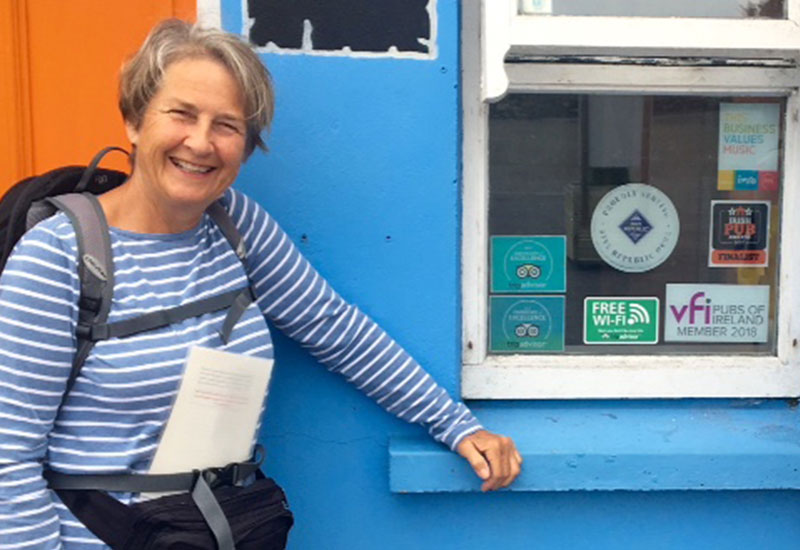Karen Disney DE
HLM profile: Karen Disney DE
In this issue, we profile Honorary Life Member (HLM) Karen Disney DE.
When and why did you join IPEd?
In 1988 I joined a group of Adelaide editors, led by Loma Snooks (6th edn Style manual) and the late Jenny Walker, looking to establish a society of editors in South Australia. There were already societies in Victoria, New South Wales and Tasmania, but not in Western Australia or the ACT; Queensland was making moves in the same direction, and 1990 was when both the SA and Queensland societies were launched.
From early on there were discussions about how we might unite nationally in some way to promote editors, set standards and share training. On a trip back to my hometown of Toronto I talked to people from Editors Canada about organisational structure, but theirs was a centralised setup with members belonging individually to both the national body and a local branch (or in smaller centres, ‘twigs’). We’ve done it differently here but the benefits are the same.
What is your current and past involvement with IPEd?
I have no current involvement with IPEd, having retired from the SA committee and other roles about 10 years ago. But for 20 years before that, the editing cause took up a fair bit of my time — the main commitments being three years as SA President and eight years as the SA rep on the Accreditation Board.
In the 90s editors had few chances to meet outside their home state, the one welcome exception being the Macquarie Style Council conferences. We came away exhilarated after every meeting, excited by the possibilities and stimulated by time spent with so many like-minded and fabulous people. Out of those meetings came Council of Australian Societies of Editors (CASE), and eventually IPEd.
The biggest year for me was as Chair of the Accreditation Board in 2008 when, backed by the Assessors Forum, we decided to launch the first exam. All that year the board teleconferenced every two weeks in the countdown to the October deadline, working through a long action-list to finalise budgets, a procedures manual, exam writing and marking teams, exam venues, workshops and much else. But what a team!
Eventually, 171 editors around the country sat the exam, showing the strength of support for an accreditation process. Yes, we made some mistakes along the way but at the end of it we had our first cohort of accredited editors, and we had laid the foundation for future exams.
Some background on your career path — what led you to editing?
I actually studied teaching but the genes won out and editing got me in the end. I’m a fourth generation wordsmith, my great-grandfather having been cycling correspondent on the Bolton Evening News. The family tree is littered with journalists, columnists and newspaper editors.
While a uni student I proofread classified ads on the Toronto Telegram, in the days of linotype machines. However, it was working with competent and experienced editors after I moved to Australia that taught me the craft, first at Rigby Publishers, then Wakefield Press, then at the large engineering and environmental planning firm, Kinhill, with Loma Snooks. Working with Loma was the best training any editor could ask for. Organised, meticulous and impressive, Loma set up a national team of editors at Kinhill, bringing us together to edit multi-volume reports all over the country as well as a nine-volume publication in the US. There’s nothing more enlightening than seeing what other editors do and why.
What is your current role?
At 65, after 25 years at Kinhill, I retired to Kangaroo Island and finally had the time to visit family and friends in Canada and the UK. I also discovered the delights of self-guided walks — Scotland, Ireland, Cornwall, the Lake District, Catalonia, Brittany … can’t wait to get back to it.
For a few years I did a bit of freelance editing but, after working on three royal commission reports, the last two on child abuse, I think I’m done. I help friends with their writings when asked, but serious editing requires a top memory and I’m happy to let mine go wandering.

